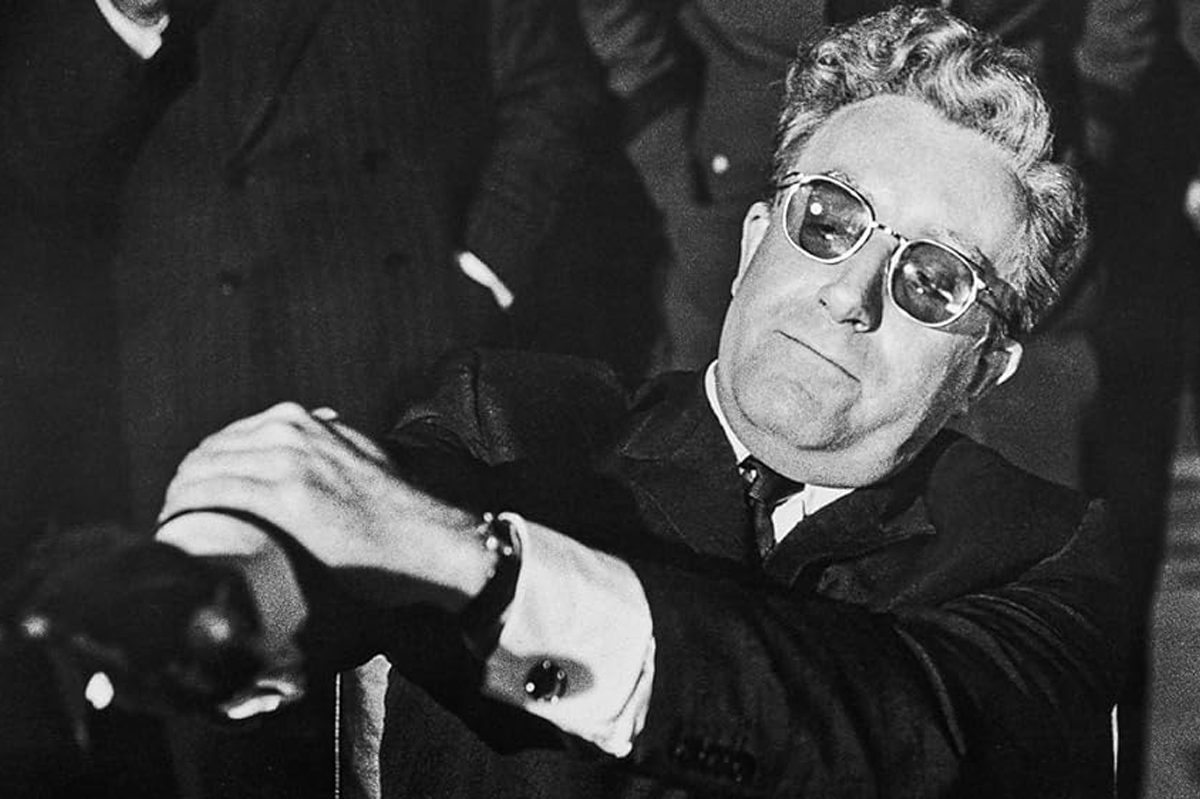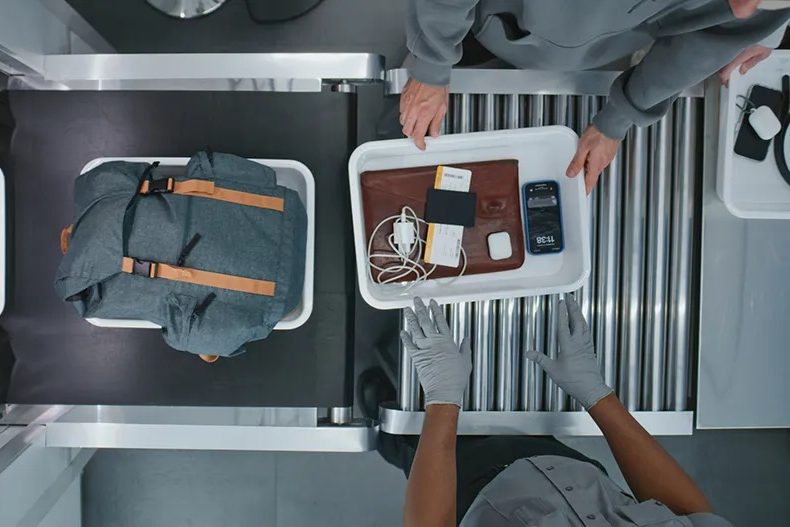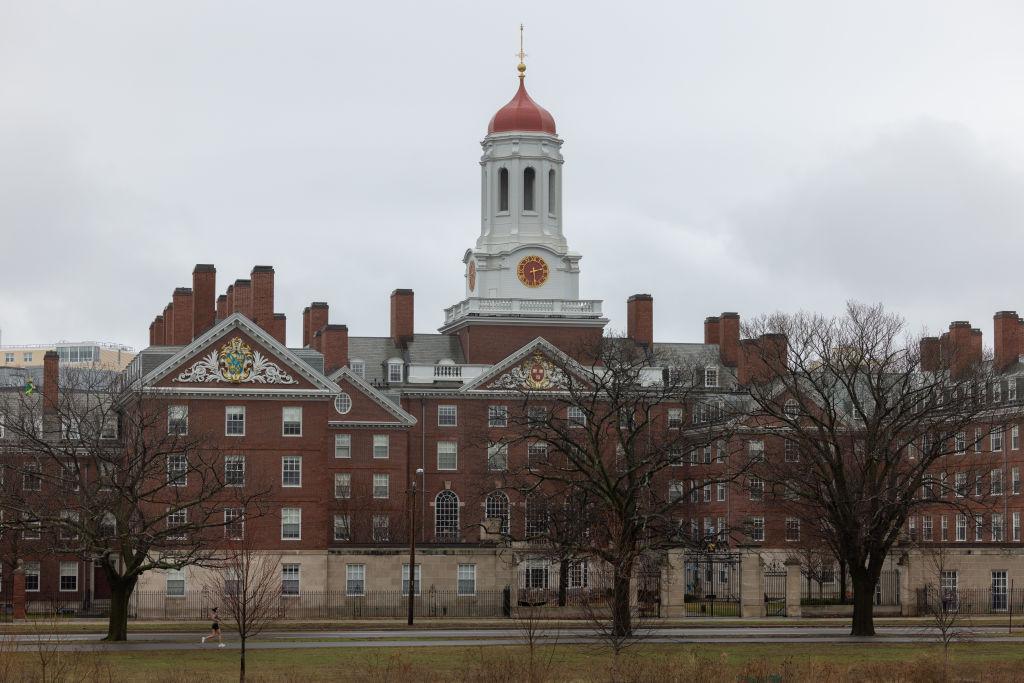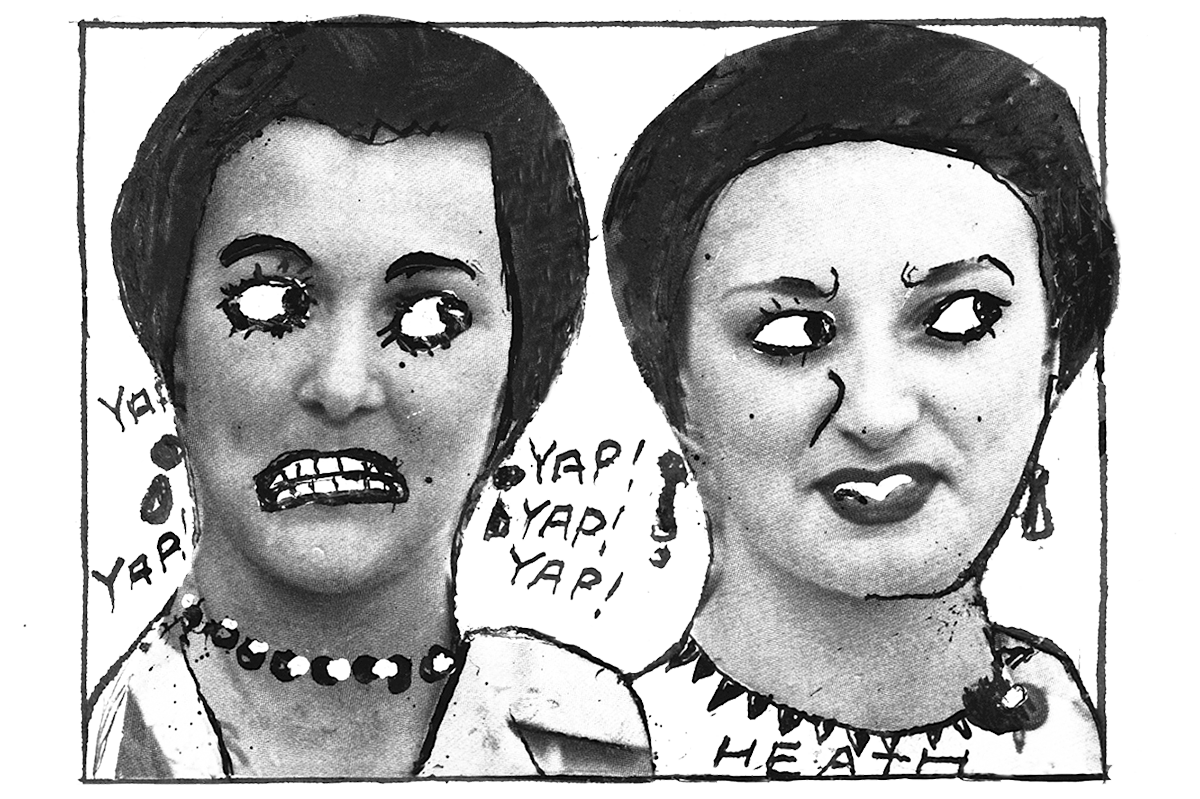Provence
“What do you mean?” I wanted to ask the man who told me last autumn it was time to move on. I hoped he didn’t mean find a new boyfriend. I like him and his wife a lot and it was meant kindly — so I kept quiet as we stood in their kitchen and they gave me instructions for my weekly visits to check the house after they left for winter. But it stung. Jeremy was still with me night and day in everything I did. I tried not to let my face fall a second time when the man told me he was paying someone else to drive his Aston Martin back to England.
I wanted to ask the same question of another man, a widower friend of a friend, who said, in an otherwise ordinary message: “This isn’t an offer or a request, but how do you feel about sex?” I told him he might have well asked me how I felt about polar bears. The following week he sent me a photo of his large pink… farmhouse in Devon. Correspondence has since been occasional — and limited to pleasantries.
After I wrote a piece in March about end- of-life care, an old acquaintance got in touch. He’s younger than me but was widowed a few years ago and wanted to tell me about his wife’s experience of terminal care. She’d been in a hospice for a while and to his eyes, was failing. He’d stayed on until 4 a.m. but the staff assured him that she had days left and urged him to go home for a few hours. She died alone. When he discovered her, he — a retired detective — knew exactly how long she’d been dead.
After we’d talked about death and loss he told me about the criminal investigations, murders mainly, he’d been in charge of. It was like being in an episode of Taggart. Later that evening he sent me a text asking if I’d like to go on a date. I told him I hadn’t been on a date since I was a teenager forty-one years ago and wasn’t sure what “a date” meant these days — and in any case I was still in love with Jeremy and not interested in romance. But I agreed to consider meeting him for dinner the next time I was back to hear more police stories. I didn’t tell him this, but I wanted to ask him about a young prostitute I nursed in the late 1980s. She was an HIV-positive heroin addict. Five feet tall and barely seven stone, she had a pretty face and lovely chestnut hair which fell in waves down to her waist.
She was admitted to the psychiatric ward where I worked for methadone and treatment of anxiety symptoms — but mostly for a rest from punters and her abusive pimp. We were the same age, twenty-four. I was pregnant with my first baby. We bonded while I listed her belongings; mostly thongs, lube and condoms. “Don’t you have any comfy knickers, Mhairi?” She laughed. I admired her pull-over and she offered to shoplift me one. It was a kind offer because she was known to security there, but I declined. While I was on maternity leave Mhairi was found dead in her flat with a head wound. The consultant psychiatrist told me later that the police said she’d knocked herself out falling over in the kitchen and had died of her injuries. They zipped her into a body bag. No investigation — case closed. None of us believed this. It still bothers me.
The detective asked where I’d like to go for dinner, he didn’t know anywhere. I’m not keen to accept invitations from men unless I’ve known them for years or they’re very young and it’s a professional thing, or gay (no complications, no awkwardness). A week before my trip back, the detective told me he’d read my hitchhiker column and joked that he hoped I wouldn’t wear shabby underwear when we met. I was annoyed. But I still wanted to ask about Mhairi — perhaps he would know someone who knew. I wanted decent food — I was paying my own way — so I suggested the Finnieston in the West End but it was too far out. He booked an awful place near the station. I apologized and told him I didn’t fancy anything on the menu and booked The Ivy along the road. It’s cheerful, not too romantic and the food’s usually all right. We went to an old coaching inn first. The detective didn’t like seeing so many men in make-up and corsets or women in men’s tailoring. Glasgow’s changed. I found it amusing, like an Anais Nin novel except sixty years on, the characters were all Scottish and mostly obese.
Over dinner I asked him about Mhairi. He didn’t know the case or anyone who worked in the area at the time but conceded that the death of a heroin-using prostitute wasn’t taken as seriously as other deaths in those days. We talked about male aggression; physical and verbal — he’d dealt with so much of it at work that he’d never even shouted at his wives (he’d had three) or children but he had, he said, back in the day and in the line of duty, punched aggressors.
The detective had hoped for a spark of romantic interest, but by the time we went to catch the 10:30 train from Central Station it was obvious I’d meant what I’d said. He took it well and made me laugh out loud telling me he was going to go on Bumble and in the blurb he, a 6ft 4in ex-copper, would say he had a small dick but a large pension. In bed I got a text telling me he’d had to intervene when a fight broke out preventing the onward journey. After a scuffle he’d thrown the perpetrator off the train — to cheers from the rest of the passengers. I congratulated him on his heroic burliness and haven’t heard from him since. No complications, no awkwardness.
This article was originally published in The Spectator’s UK magazine. Subscribe to the World edition here.

























